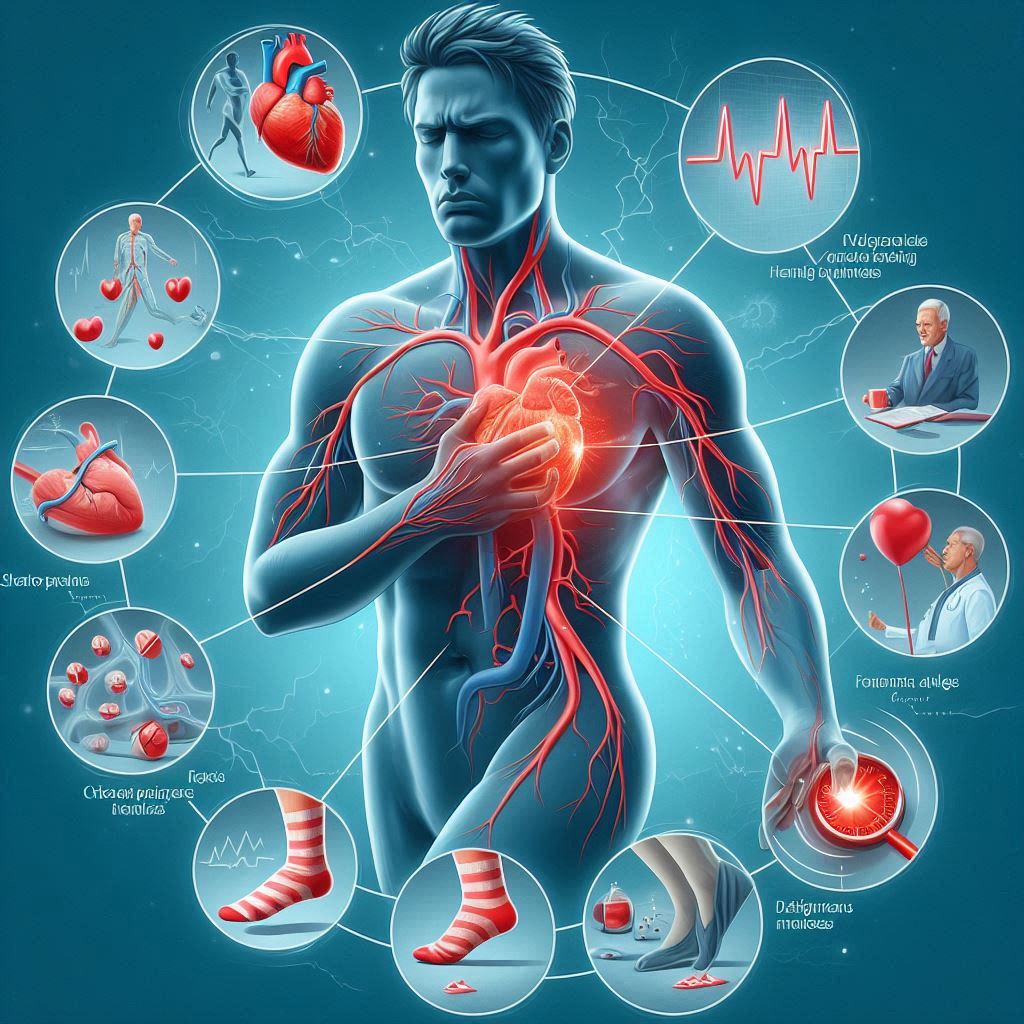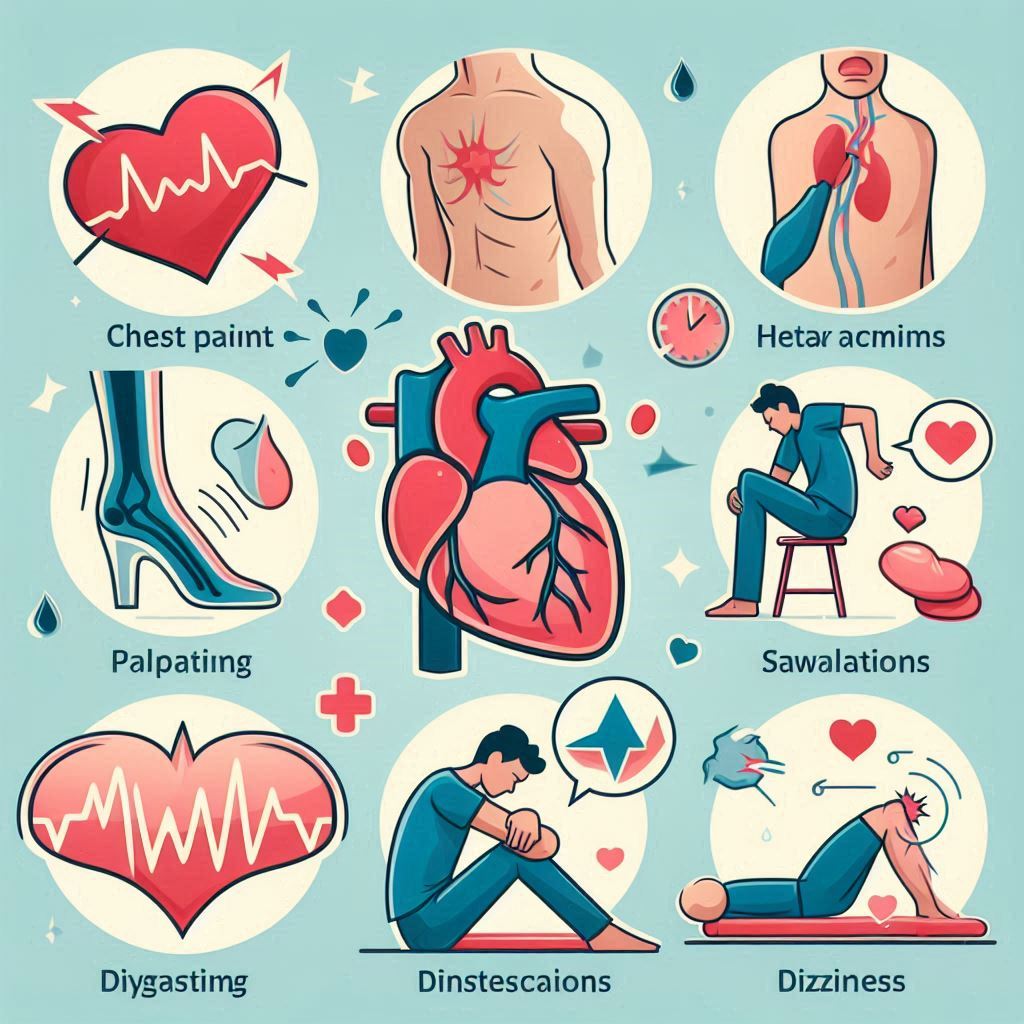Diseases
🫀 What are Heart Disorders?
Heart disorders (also called cardiovascular diseases) are conditions that affect the structure or function of the heart. These disorders can disrupt the normal pumping of the heart and affect the blood vessels connected to it.
💔 Major Types of Heart Disorders
Coronary Artery Disease (CAD)
Caused by plaque buildup in the arteries.
Leads to angina (chest pain) or heart attacks.
Risk factors: high cholesterol, smoking, diabetes, obesity.
Heart Failure
The heart cannot pump blood efficiently.
Symptoms: fatigue, breathlessness, swelling in legs/ankles.
Arrhythmias
Irregular heartbeat (too fast, too slow, or uneven).
Example: atrial fibrillation, ventricular tachycardia.
Heart Valve Disorders
Valves may not open or close properly.
Can cause murmurs, fatigue, or breathlessness.
Types: stenosis (narrowing), regurgitation (leaking), prolapse.
Congenital Heart Disease
Heart defects present at birth.
Examples: septal defects (hole in the heart), valve malformations.
Cardiomyopathy
Disease of the heart muscle that makes it hard to pump blood.
Types: dilated, hypertrophic, restrictive cardiomyopathy.
Pericarditis
Inflammation of the pericardium (lining around the heart).
Causes chest pain that worsens with breathing or lying down.
Endocarditis
Infection of the inner lining of the heart, usually due to bacteria.
Can damage valves and lead to serious complications.


